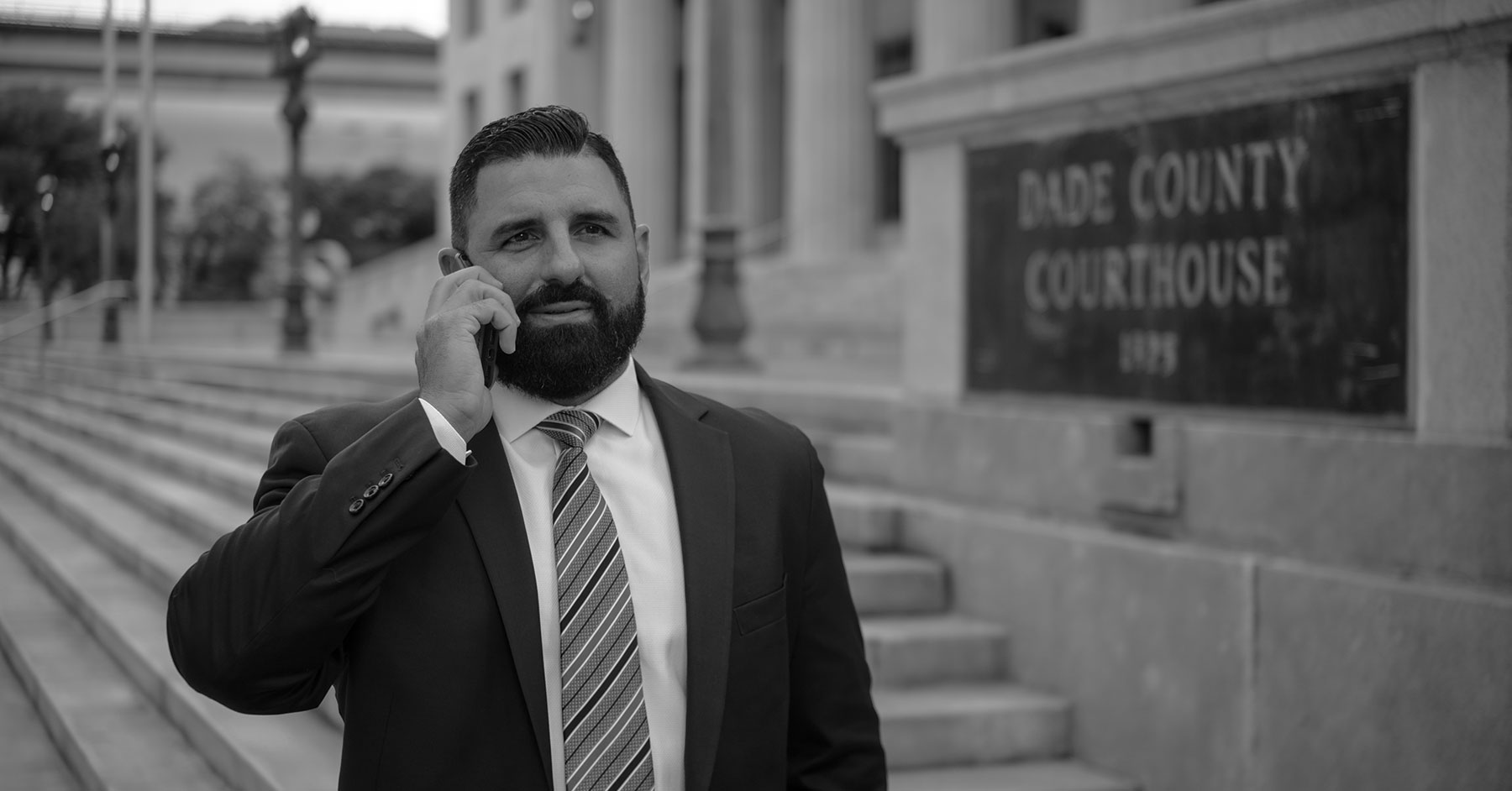Inchoate Offenses in Florida
In Florida, you can face criminal charges even if [...]
In Florida, you can face criminal charges even if [...]
In Florida, giving false information about a crime or [...]
You’ve probably heard the expression “possession is 9/10 of [...]
Violent crimes are classified differently in Florida to offenses [...]
Felony convictions at the state or federal level carry [...]
Under our Constitution, Americans have the right to keep [...]
As abhorrent as the subject may be to most [...]
In a landmark trial stemming from the event that [...]
If you are released on probation in Florida, you [...]
Why frisk and stop? There are three levels of [...]
Address:

"*" indicates required fields